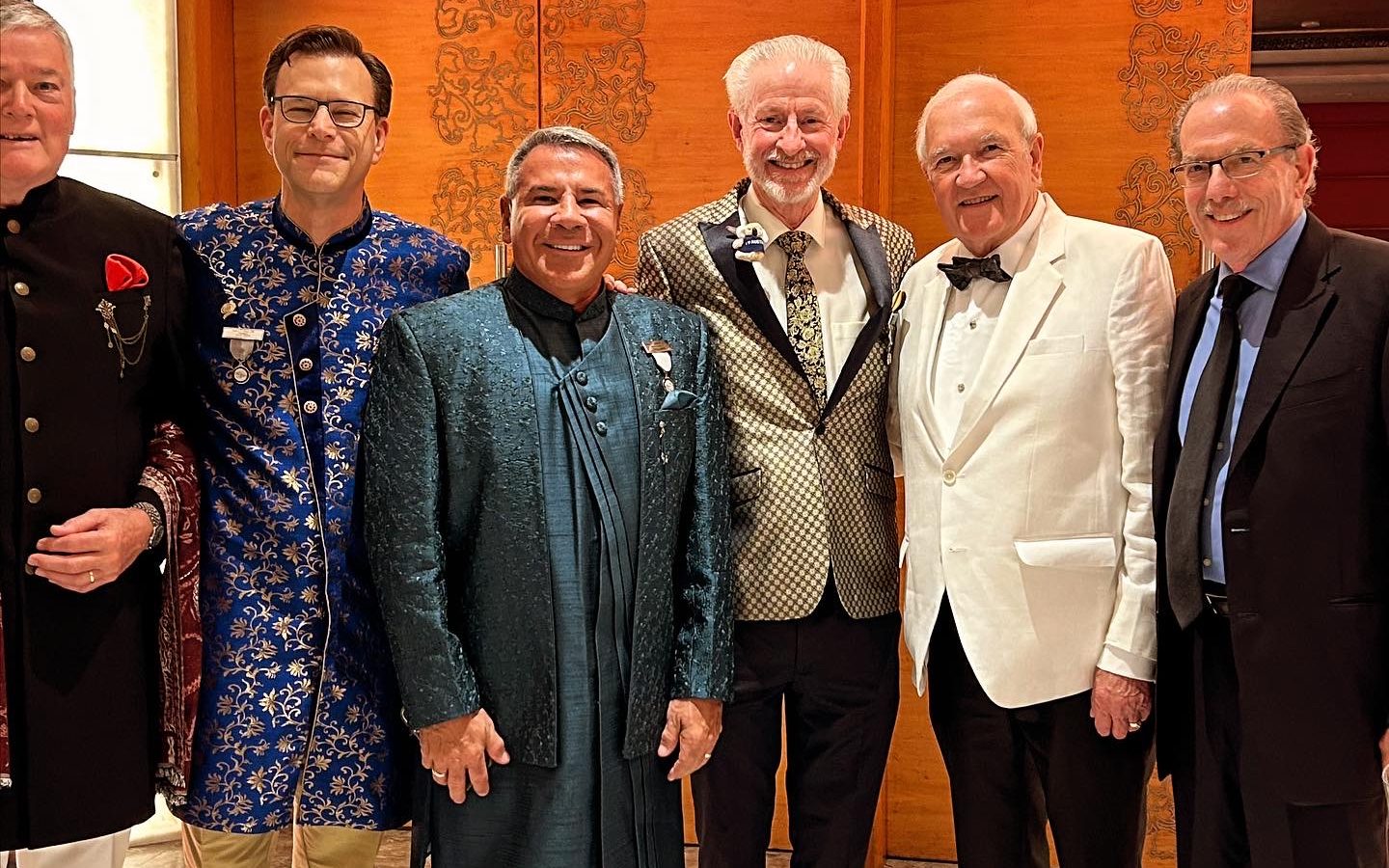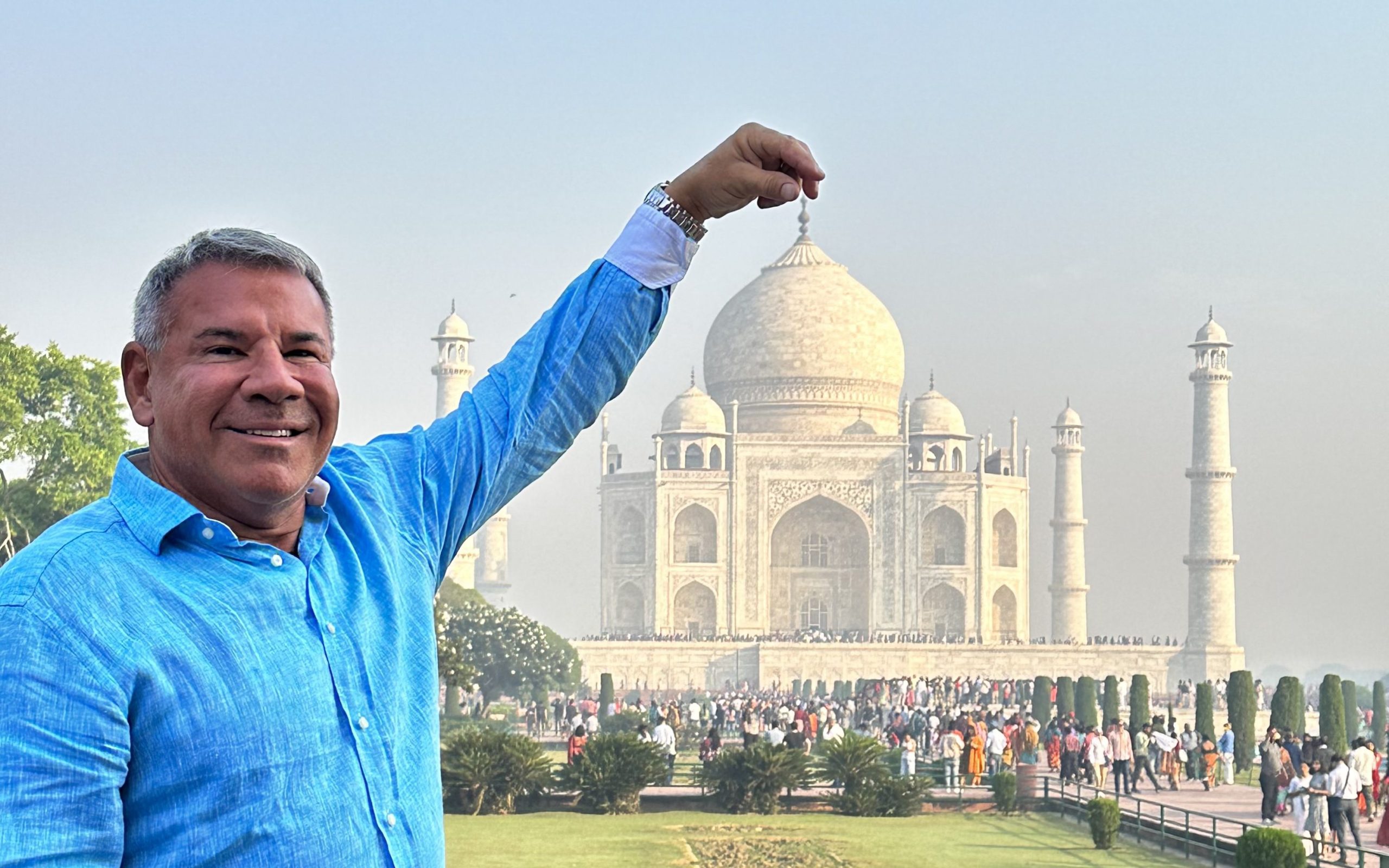Dr. Robert Leonard, founder of Hair Health Institute, here.
For over three decades, I have had the privilege of being a part of a specialized educational program that has been a highlight in my professional life: the International Society of Hair Restoration Surgery (ISHRS). Every year, the ISHRS hosts a World Congress in a different country so that the surgeons from around the world can come together, learn about the latest insights and technologies, and celebrate another year.
One of the most remarkable aspects of this journey is that I am one of only six surgeon members who have attended all 31 annual meetings. Each year, during the Opening Reception, we raise a glass of fine Scotch whiskey, toasting to another year of camaraderie and shared experiences. The bonds forged at these gatherings extend beyond professional collaboration; they are a celebration of the enduring connections we’ve built over the years.

My professional ventures have taken me to every continent in the world, with the exception of Antarctica, as an integral part of various World Congresses. This year, the meeting found its home in the vibrant city of New Delhi, India. Navigating through its bustling streets filled with traffic and captivating sights was an adventure in and of itself.

One of the highlights of this global gathering was presenting a unique case—a potentially once-in-a-long-career life-threatening infection. The presentation was well-received by an audience comprised of surgeons from around the world.

In addition to my case presentation, I had the privilege of participating in a panel of experts discussing a topic close to my heart—knowing when it’s okay to say ‘no’ to surgery. This is a stance I’ve passionately advocated for many years. Not every patient seeking surgical hair replacement is an ideal candidate, and myriad factors must be considered:
- Are they too young?
- Are non-surgical therapies being explored to stabilize hair loss progression?
- Do they have realistic expectations about surgery results?
- Are they requesting an impractically low hairline?
- Is there sufficient donor hair to address current and future hair loss needs?
- Do they have psychological or psychiatric conditions influencing their self-perception?
- Do they understand that a hair transplant doesn’t prevent further hair loss without additional therapies?
It’s crucial for individuals experiencing hair loss to recognize its progressive nature, understanding that it typically won’t stop on its own. While not everyone will go bald, the extent of hair loss is influenced by genetic factors. What remains certain is that without appropriate medically-sound treatment, hair will inevitably thin.
To combat this, I strongly believe in the power of non-surgical solutions such as low-laser therapy for hair growth. That’s why I recommend using the AUXO A300 if you are struggling with hair thinning or loss. Learn more at Hair Health Institute.
Between these events, I also had the opportunity to explore the beauty of Agra and the iconic Taj Mahal.

I’m looking forward to my next opportunity to travel to India and my next ISHRS World Congress!
